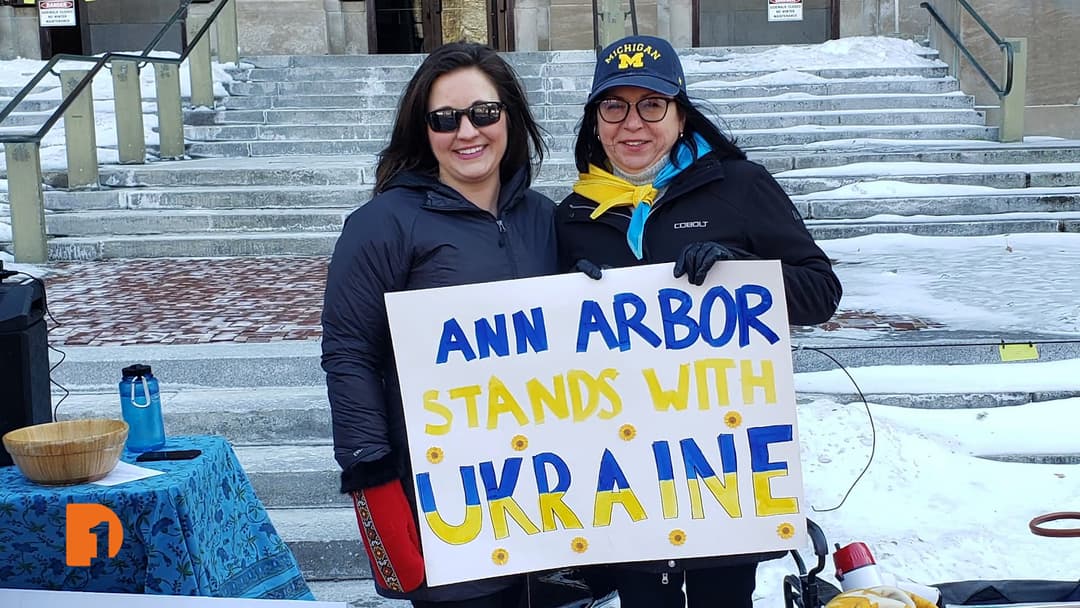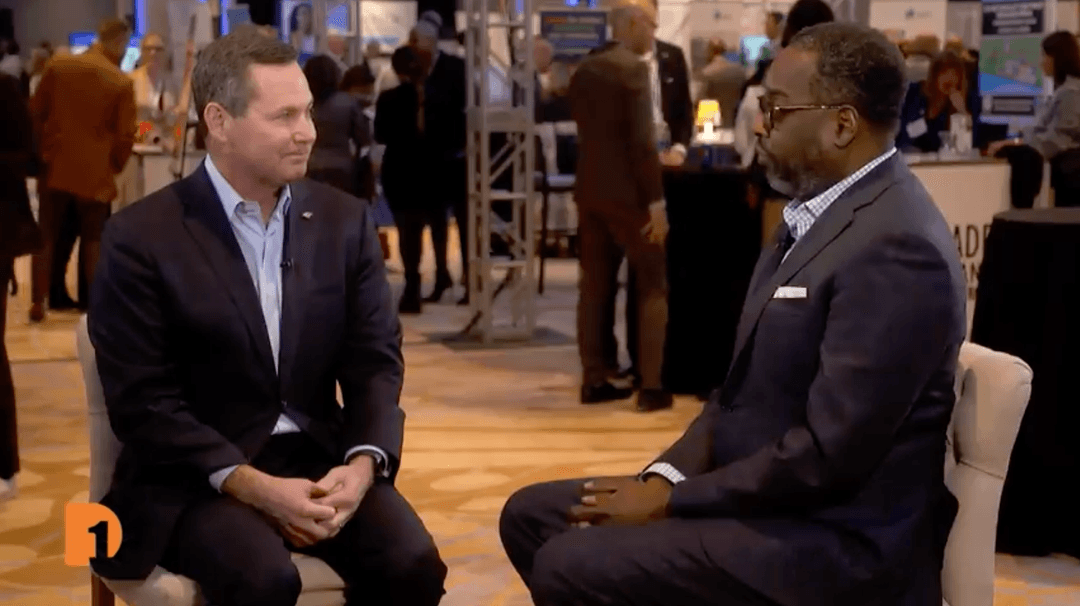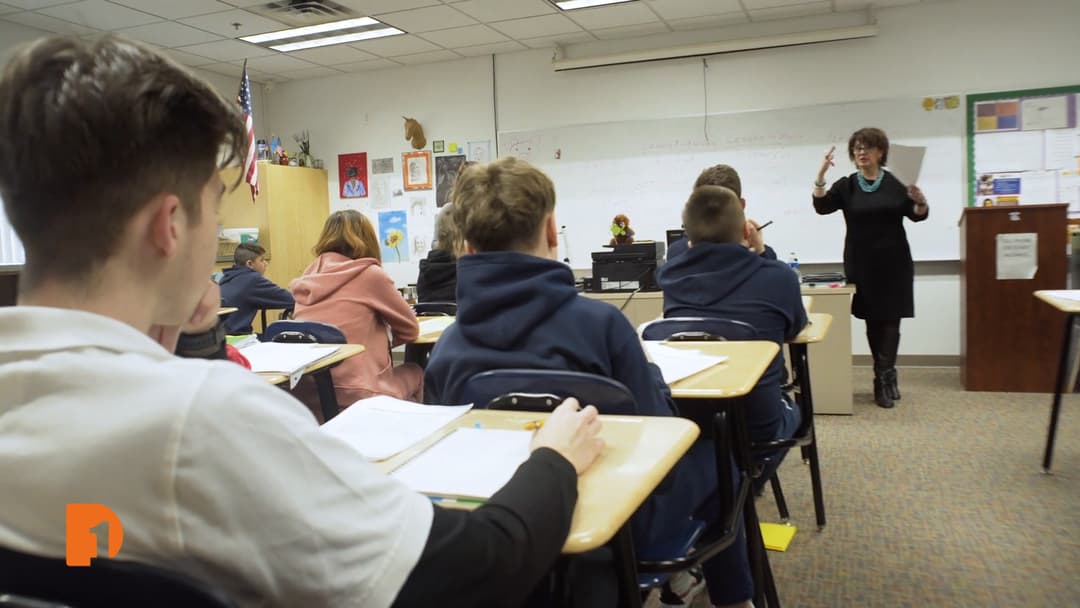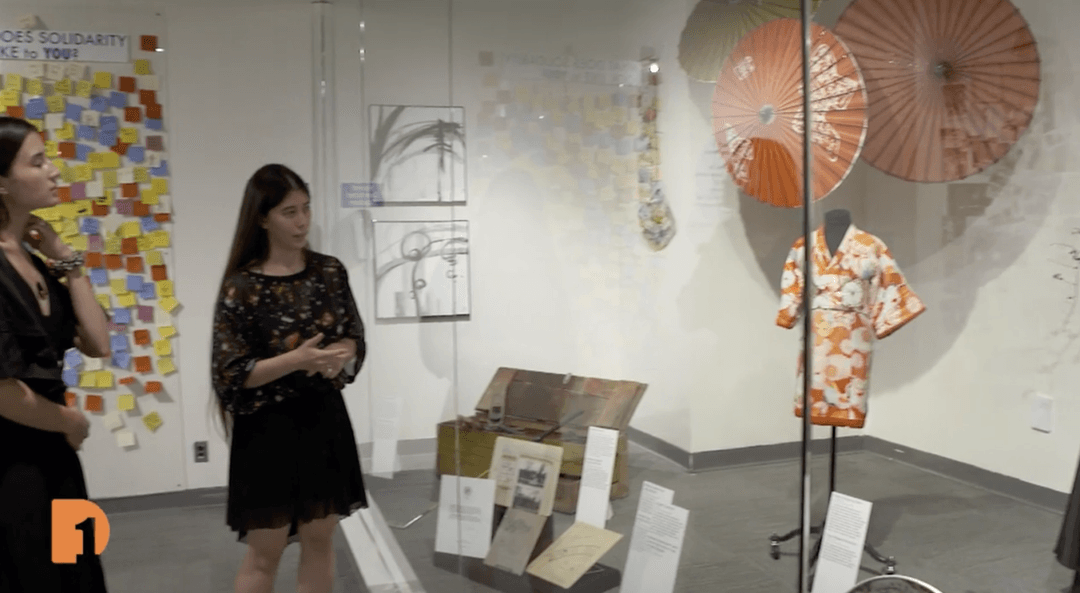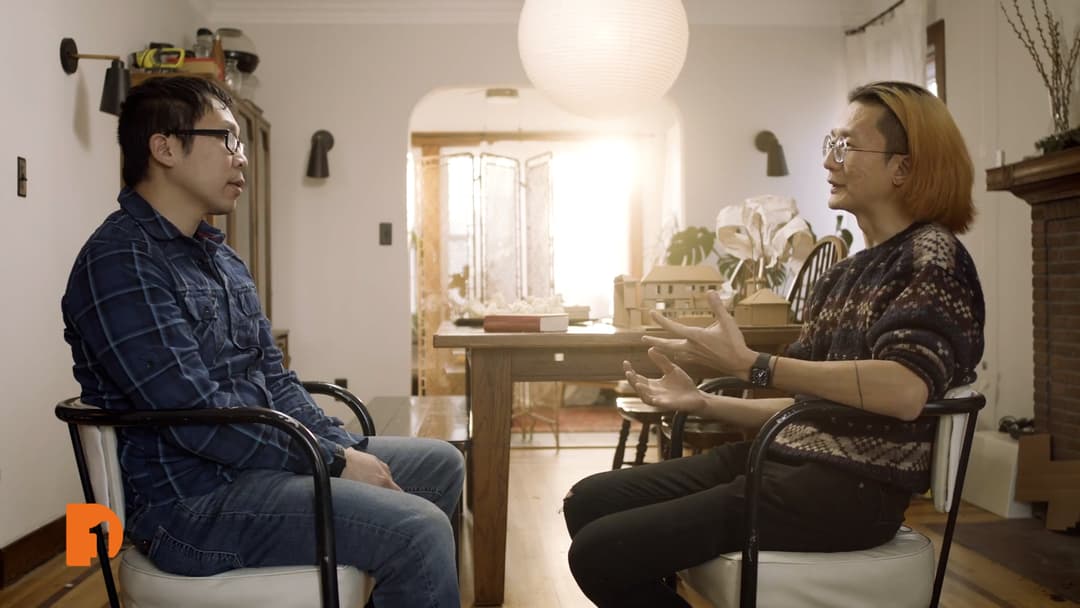Jawad Sukhanyar: An Afghan Journalist’s Story On Fleeing Taliban Forces
Feb 17, 2022
As United States military forces departed from Afghanistan after 20 years, ending one of the longest wars in U.S. history, Taliban militia members quickly took a hold of the country’s major cities, forcing many Afghans to flee their homes for safer stays elsewhere. Kabul, where Afghanistan journalist and 2019 Knight-Wallace Fellow Jawad Sukhanyar lived and fled from, was the last city to fall. Jawad Sukhanyar currently resides in Ann Arbor as a journalist-in-residence at the University of Michigan.
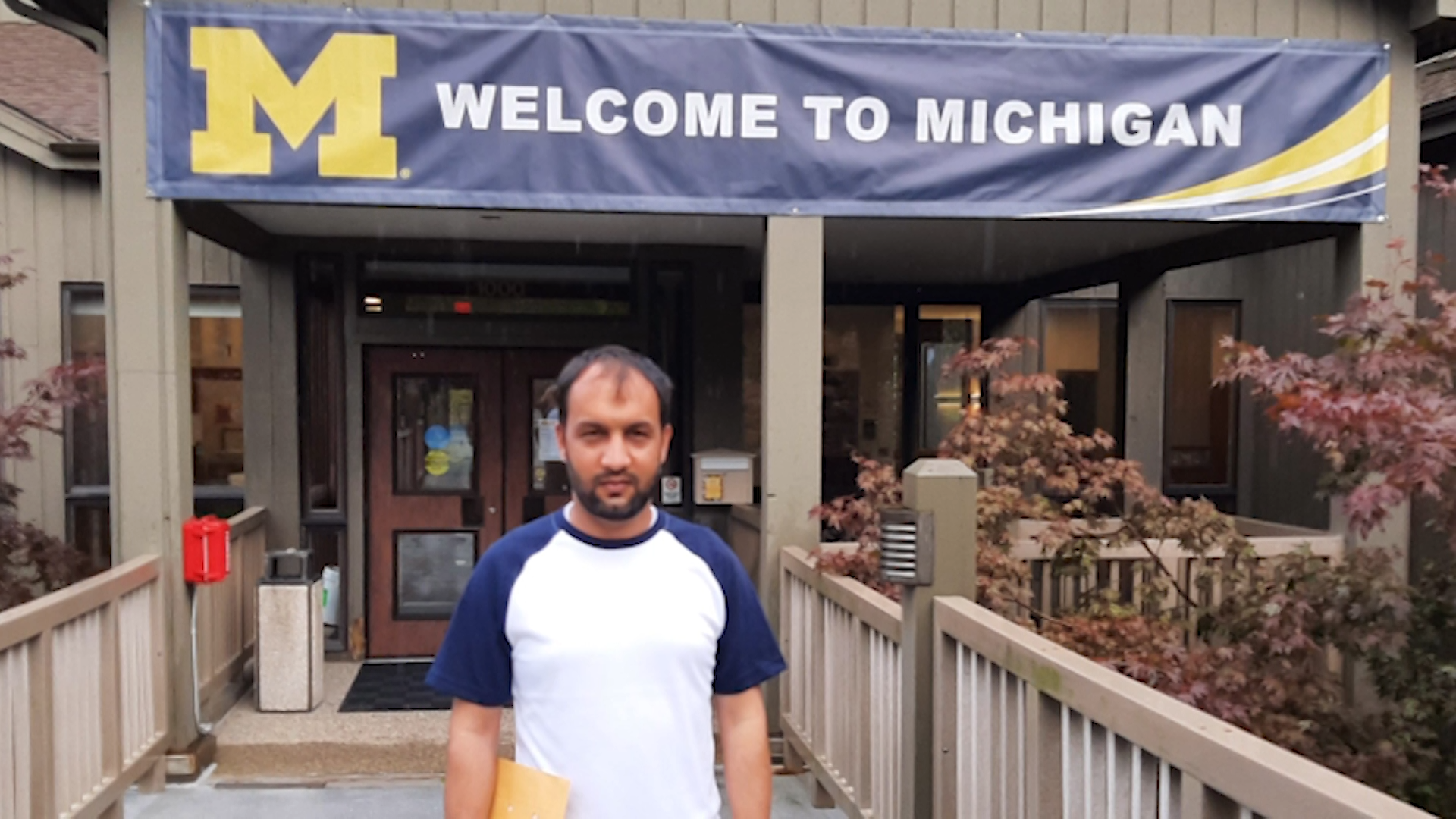
RELATED: EMU Students Help Afghan Refugee Families Move Into New Homes
RELATED: Michigan’s Immigration Status: The Impacts of Refugee Resettlement in the State
Now, months after his harrowing departure from his home country, Jawad sits down with One Detroit Associate Producer Will Glover for an in-depth conversation about the sacrifices he and his family made in their fight to get to America, as well as why he wanted to resettle in Michigan and the conflicting emotions he has about the possibility of someday returning to his now-former home.
Full Transcript:
Will Glover: The withdrawal of the United States military from Afghanistan was scheduled to be complete on August 31st, 2021, bringing an end to the longest war in American history. As U.S. forces receded, the Taliban overpowered what was left of the Afghan military and immediately took control. The last city to fall was Kabul.
Jaward Sukhanyar, Afghanistan Journalist: Well, the day before Kabul fell, on August 14, things were already tense in Afghanistan, especially in Kabul. The city was populated. There was like, you know, there was a calm, but you would see that a storm was coming towards the city in and U.S.
Will Glover: Jawad Sukhanyar was still in Kabul trying to find a way to get his family out of the country. What was the situation the day before you left and what was going through your mind?
Jaward Sukhanyar: You could see that something was happening, something was going to happen and it wasn’t right. But no one really expected that, you know? On August 15, suddenly things turned around.
Will Glover: On August 15th, 2021, Afghan President Ashraf Ghani flees, Afghanistan’s government collapses. What was your main concern at that moment?
Jaward Sukhanyar: Well, when we hear that the Taliban are in the city and it’s like around 1:30 in the afternoon, we just start rushing here and we’re reaching out to people. I start texting my colleagues at the New York Times and texting friends outside the country, reaching out to people in the states via WhatsApp and trying to tell them that, well, it’s already too late. Back here, we had to maintain like, you know, a situation of calmness than the family because, you know, I had my little kids with me. I had my wife and my mom, and I don’t want anyone to freak out. In the meantime, I understood what was going on and what could happen.
Will Glover: Jawad’s contacts at the New York Times told him to make his way to the airport, where thousands of civilians were trying to escape. Taliban militants took over part of the airport. Jawad and his family hid with relatives for another two days before they could be evacuated.
Jaward Sukhanyar: So we all went to the airport and found each other and made a group. But then, you know, we had, our first attempt to leave the country didn’t work because, you know, things got out of control and hectic and there was no flights and already thousands and thousands of people were at the airport and everyone wanted to leave. Yeah, it was a mess.
Will Glover: Once you got to the U.S., what was the sense of relief? Was there a sense of relief? And how has this transition and settling been going for you and your family?
Jaward Sukhanyar: It took us two weeks to finally get to the U.S. We were evacuated by C-17 military planes first from Kabul to Qatar, and from Qatar, we had the longest flight all the way to Mexico City with two stops on the way, one in Morocco, Africa and two in Mexico itself. So in Mexico, we were received by our senior editors and colleagues from the New York Times. They provided us housings and accommodations. After 4 or 5 days, I don’t remember exactly, we were able to get on a civilian plane and be flown to Houston, Texas.
Will Glover: What was it that made you decide to come to Ann Arbor or was it much of a choice? How did you end up from Houston to where you are today?
Jaward Sukhanyar: We knew that if we want to go to the U.S., we would definitely go to Michigan because it has been welcoming before, and I’m sure that’s where we would be able to get resettled. And when we got to Houston, I told my colleagues at the New York Times that, if I have an option of where to get settled, I would go to Michigan, because, you know, I’m going to do my fellowship there as well as I’ll settle in here. So, that’s what made us choose Michigan and it has been very calming, and we really appreciate all those people who helped us to this.
Will Glover: Do you feel that you’ll ever have the chance to go back? Do you hope that you’ll ever have the chance to go back? And is that something that you want for you and your family?
Jaward Sukhanyar: So yeah, there is, there is a strong attachment between, you know, me and all Afghans and our country. But, when we left Afghanistan in August, there are moments that things that come to my mind that, well this could be the last time you are leaving this country, and I would get very emotional. You know, that’s a country that, you know, I was born, and I was raised, and I had hopes, and ambitions for, and I had big dreams. Had invested all my life and whatever, I hold dear, and I never thought that one day I would be forced to leave that country that I called home.
Subscribe to One Detroit’s YouTube Channel & Don’t miss One Detroit Mondays and Thursdays at 7:30 p.m. on Detroit PBS, WTVS-Channel 56.
Catch the daily conversations on our website, Facebook, Twitter @DPTVOneDetroit, and Instagram @One.Detroit
View Past Episodes >
Watch One Detroit every Monday and Thursday at 7:30 p.m. ET on Detroit Public TV on Detroit Public TV, WTVS-Channel 56.
Stay Connected
Subscribe to One Detroit’s YouTube Channel and don’t miss One Detroit on Thursdays at 7:30 p.m. and Sundays at 9 a.m. on Detroit PBS, WTVS-Channel 56.
Catch the daily conversations on our website, Facebook, Twitter @OneDetroit_PBS, and Instagram @One.Detroit
Related Posts
Leave a Reply
Your email address will not be published. Required fields are marked*

